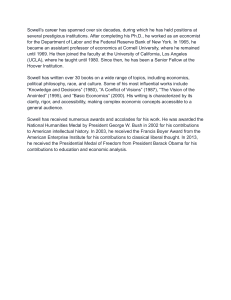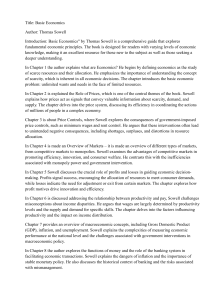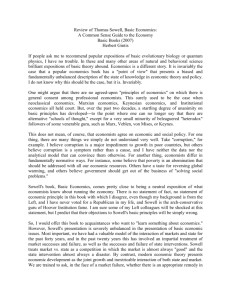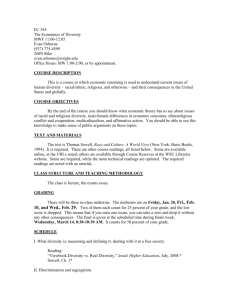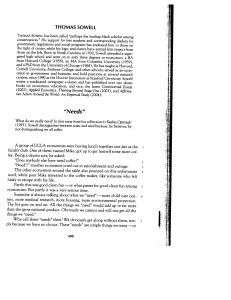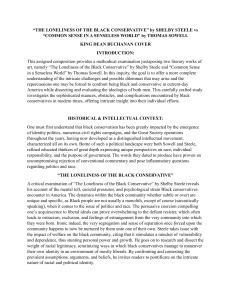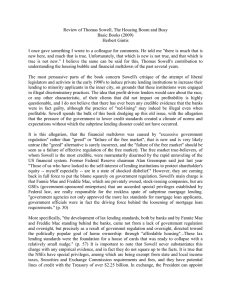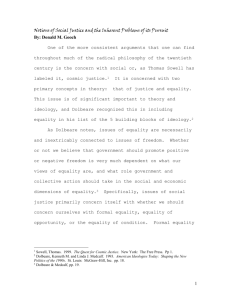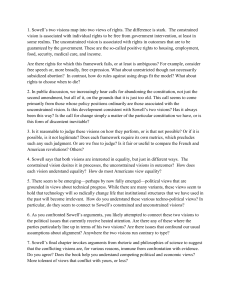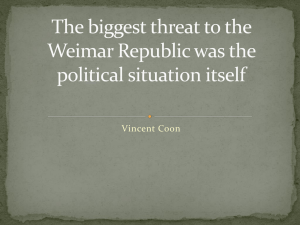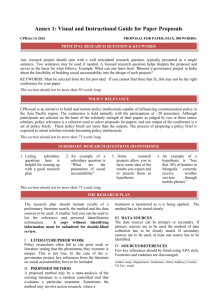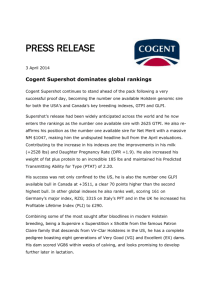Herbert Gintis Review of Thomas Sowell, Intellectuals and Society
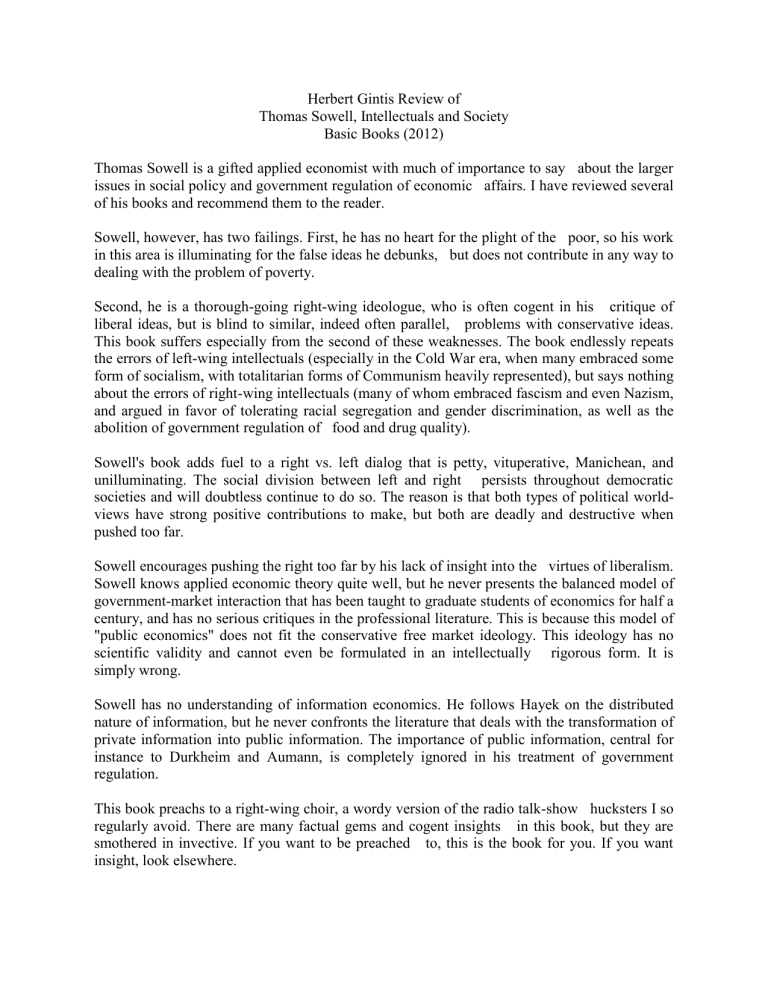
Herbert Gintis Review of
Thomas Sowell, Intellectuals and Society
Basic Books (2012)
Thomas Sowell is a gifted applied economist with much of importance to say about the larger issues in social policy and government regulation of economic affairs. I have reviewed several of his books and recommend them to the reader.
Sowell, however, has two failings. First, he has no heart for the plight of the poor, so his work in this area is illuminating for the false ideas he debunks, but does not contribute in any way to dealing with the problem of poverty.
Second, he is a thorough-going right-wing ideologue, who is often cogent in his critique of liberal ideas, but is blind to similar, indeed often parallel, problems with conservative ideas.
This book suffers especially from the second of these weaknesses. The book endlessly repeats the errors of left-wing intellectuals (especially in the Cold War era, when many embraced some form of socialism, with totalitarian forms of Communism heavily represented), but says nothing about the errors of right-wing intellectuals (many of whom embraced fascism and even Nazism, and argued in favor of tolerating racial segregation and gender discrimination, as well as the abolition of government regulation of food and drug quality).
Sowell's book adds fuel to a right vs. left dialog that is petty, vituperative, Manichean, and unilluminating. The social division between left and right persists throughout democratic societies and will doubtless continue to do so. The reason is that both types of political worldviews have strong positive contributions to make, but both are deadly and destructive when pushed too far.
Sowell encourages pushing the right too far by his lack of insight into the virtues of liberalism.
Sowell knows applied economic theory quite well, but he never presents the balanced model of government-market interaction that has been taught to graduate students of economics for half a century, and has no serious critiques in the professional literature. This is because this model of
"public economics" does not fit the conservative free market ideology. This ideology has no scientific validity and cannot even be formulated in an intellectually rigorous form. It is simply wrong.
Sowell has no understanding of information economics. He follows Hayek on the distributed nature of information, but he never confronts the literature that deals with the transformation of private information into public information. The importance of public information, central for instance to Durkheim and Aumann, is completely ignored in his treatment of government regulation.
This book preachs to a right-wing choir, a wordy version of the radio talk-show hucksters I so regularly avoid. There are many factual gems and cogent insights in this book, but they are smothered in invective. If you want to be preached to, this is the book for you. If you want insight, look elsewhere.
